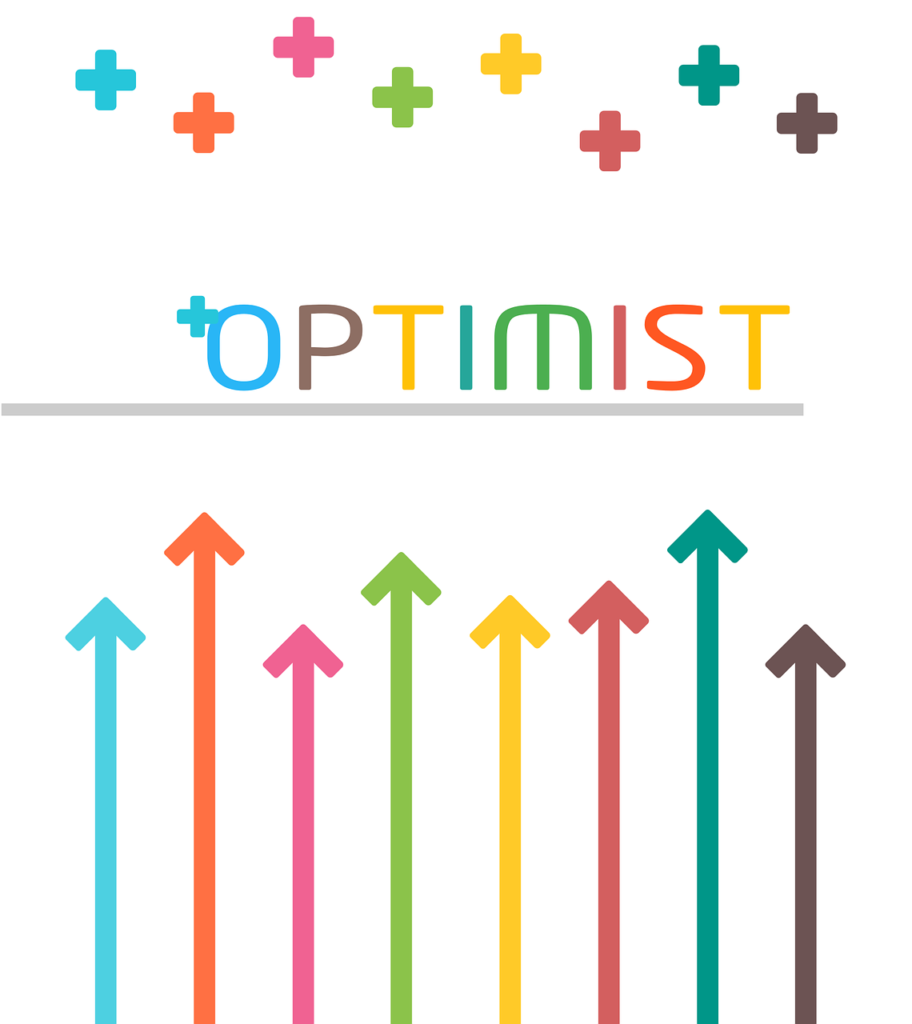Eight things to remember to have confident decision making.
Many decision makers struggle with overconfidence bias, which occurs when their personal judgment overrides information that conflicts with their view of events or data. Luckily, this form of bias can be overcome through practice.
Here's how you can be confident on decision making.
Build Self-Assurance
Be it starting anew or expanding an existing career, being confident when making decisions is essential to being successful. In this article we provide several strategies on how you can be more assured in making choices.
Making confident decisions is a necessary life skill and tool for creating healthy, prosperous relationships and careers. For many people however, decision-making confidence can be difficult to come by, particularly after making poor choices in the past. Luckily it is possible to train your brain to become more confident at making decisions.
Feelings versus facts: What’s the difference?
One way to increase your decision-making confidence is to learn to distinguish feelings from facts. Your emotions, such as fear or anger, could be clouding your thinking and leading you down an unwise path; address such emotions if applicable but don't let them dictate your decisions.
Start Small
One strategy can be to practice making smaller decisions. Start small - such as what to wear or have for breakfast - before gradually progressing toward larger decisions. Being familiar with this process will enable faster and more accurate decision-making processes.
Make every decision with the intention of learning from it and without beating yourself up for mistakes you make. Remind yourself that everyone makes errors; most often they're not as serious as they might seem, serving instead as opportunities for you to grow as an individual and improve at what you do. Experience provides opportunities for growth; use every instance as an opportunity for self-growth while strengthening decision-making abilities for continued advancement in life.
Develop Decision-Making Skills
Being able to make decisions confidently can be transformative for both your career and personal lives. You can learn this skill over time; while seeking input or advice from others may help, the ultimate decision should come from within yourself alone. Also important is learning to give yourself enough time before acting upon any given decision.
Overconfidence can be dangerous when making decisions, however. If you assume that choice A will lead directly to outcome B or that outcome C is preferable to outcome D, you could be overestimating their impact and fail to provide yourself with enough information about potential outcomes. This could prove harmful in making informed choices.
One way to tackle this challenge is by compiling a pros-and-cons list. This will enable you to visualize the effects of each option objectively and avoid being drawn into an endless cycle of "what-ifs." This approach may also help avoid getting bogged down in indecision, potentially delaying any necessary decisions.
Practice self-talk
Practice self-talk that builds your confidence when making decisions and learn from mistakes to increase decision-making confidence. No one's perfect, so making mistakes in decision-making is normal and should be seen as opportunities for growth rather than failures; by understanding why you made poor choices you can learn how to avoid repeating them in future decisions.
Foster a Positive Mindset
Positive mindset for confident decision making.

One of the best ways to increase your decision-making confidence is to adopt a positive outlook. While being positive may appear counterproductive at first glance, embracing optimism may actually be more effective than dwelling on negative thoughts.
Fostering a positive mindset can help you recognize and avoid cognitive biases that cloud judgment. You can do this through various strategies such as visualizing the outcome of each decision you make or making a list of pros-and-cons for each option available to you.
An effective way to foster a positive mindset is to consider how your decisions impact your goals. For instance, when making decisions such as whether to leave your job, take into account what vision of success lies ahead for your future and whether each choice you make moves you closer towards that vision. This approach can reduce pressure associated with individual choices so they won't feel like life or death choices.
As important, it's crucial to remember that no matter what decision is made, even if it turns out to be wrong it likely offers valuable lessons for future decisions. Therefore, it's critical that self-doubt and inactivity don't paralyze you - the sooner action are taken the better!
Overcome Self-Doubt
Self-doubt can be an obstacle to effective decision-making and goal achievement. Doubt is a normal response to uncertainty; however, it shouldn't halt your progression toward realizing your dreams. Here are some strategies for overcoming self-doubt and moving ahead with your plans.
Remind yourself that your doubts may not necessarily be accurate. A nagging voice inside may tell you you don't belong in the job or won't reach your goals; but these beliefs often stem from past trauma of criticism, scolding, or being shouted at.
Befriend your inner critic instead of fighting it, and recognize its role in keeping you safe from failure and humiliation. However, remember that even successful people experience failure at times.
Make it part of your routine to evaluate decisions you have made so that you can learn from past errors and become an even greater decision-maker in the future. For instance, if you made the wrong choice when picking out a restaurant for dinner, determine what led up to it so as to prevent similar blunders in future. You could also speak with a mental health professional to understand what's triggering anxiety and self-doubt; they may offer fresh perspectives and can assist with finding ways to cope.
Seek Advice
If you're feeling uncertain of your decision-making abilities, seeking outside opinions may help provide additional clarity on a situation. Just make sure that their opinion does not undermine your own intuition; to gain more confidence when making decisions practice on small things such as breakfast choices or TV programs regularly until your brain adapts quicker.
As with any major decision, it can be easy to become overwhelmed and doubt yourself when faced with making one. Feeling stuck can lead to negative feelings which impede progress toward reaching goals; indecision also strains relationships as others wait on you for their decision.
To overcome indecision, visualize the benefits and drawbacks of every option available to you by writing down or visualizing a list or creating a mental pros-and-cons chart. This technique can help you visualize potential outcomes of each decision as well as which options best align with your values, beliefs and priorities - choose an option which will bring you closer to where you want to be even if its outcome turns out not be favorable as progressing and learning from mistakes will still help move you in the right direction.
Learn from Failure
"Failure is the mother of success" may sound like an old cliche, but its validity has been established through extensive research. While it may be hard to learn from your errors or failures at work if your focus is solely on not repeating them again, taking some time out for reflection can help strengthen your game in even adverse conditions.
Learning from failure isn't always an easy feat; it requires mental toughness. An excellent way to develop this mindset is by watching others' successes and seeking advice from them; however, the best approach may be experimenting and trying out new strategies yourself in order to ascertain whether they work or not and identify potential weaknesses if they don't produce the results you desired.
Conclusion
Implementing these tips for professional growth will not only increase your confidence and resilience in the face of challenges, but will also build your resilience against setbacks. If you find it hard to recover from failures, counseling or coaching services may help overcome limiting beliefs about yourself while encouraging self-compassion for shortcomings.
I hope that this confident decision making tips helps you to achieve your goals and help you a better decision maker.
